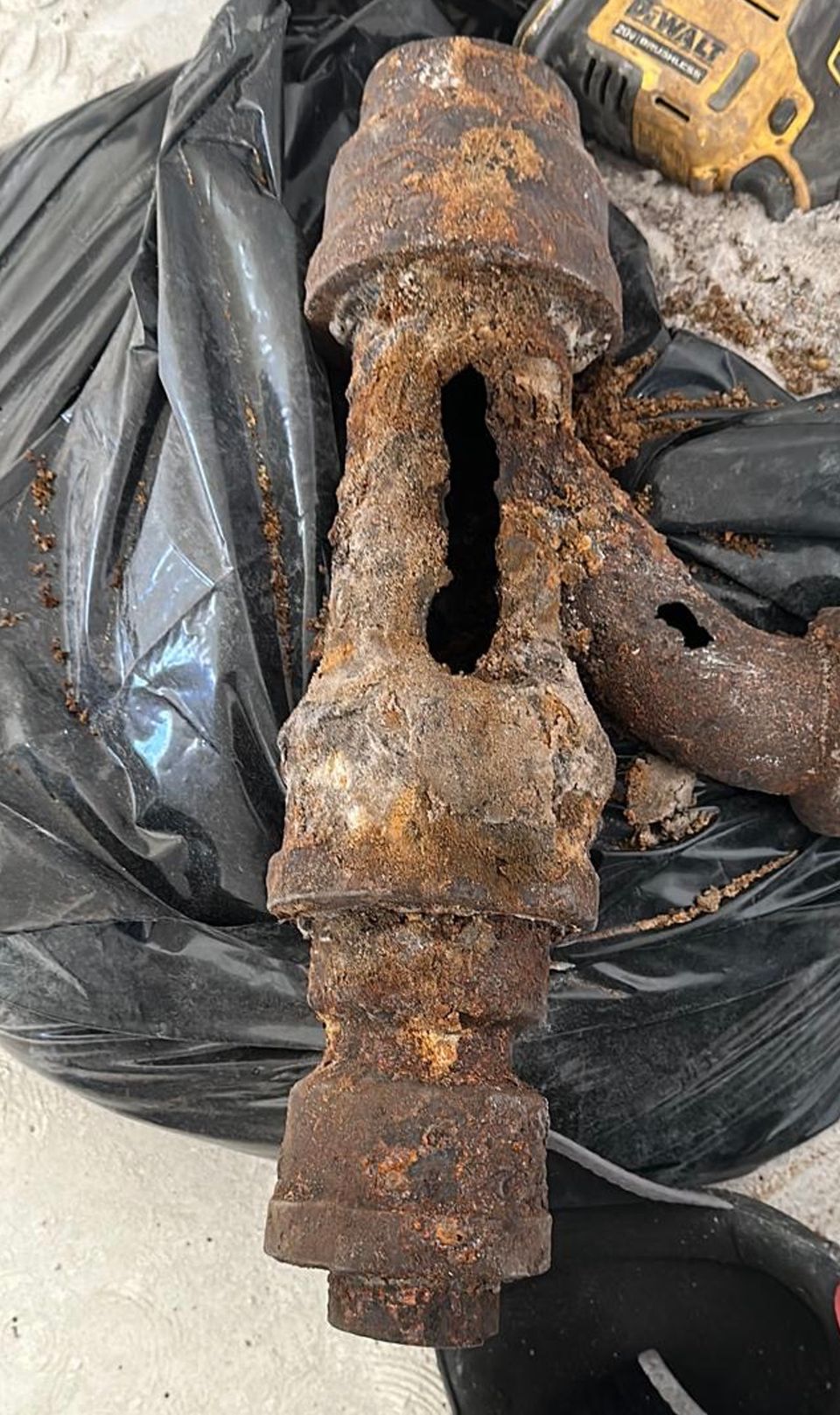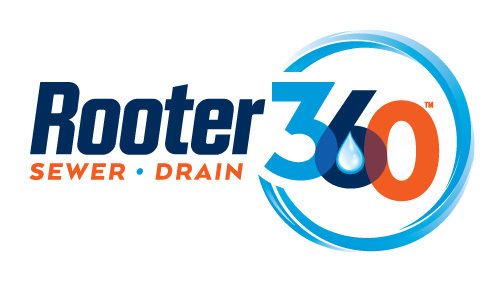The Rusty Truth: Why Cast Iron Pipes Fail and the Need for Replacement or Relining

Introduction:
The Rust Factor:
Cast iron pipes are susceptible to rust due to the presence of iron in their composition and exposure to moisture. Over time, moisture from water flowing through the pipes can cause the iron to oxidize, forming rust on the inner and outer surfaces of the pipes.
Corrosion and Structural Degradation:
rust accumulates inside the pipes, it can lead to corrosion and structural degradation. This corrosion weakens the integrity of the pipes, making them prone to cracks, leaks, and ultimately, failure. Rust buildup can also restrict water flow, leading to clogs and backups in the plumbing system.
Health and Environmental Concerns:
the structural issues, rust can pose health and environmental concerns. Rust particles can flake off from the pipes, contaminating the water supply and potentially causing health problems if ingested. Additionally, rust can stain fixtures and surfaces, affecting the aesthetics of the property.
Replacement vs. Relining:
cast iron pipes fail due to rust, property owners are faced with the decision of whether to replace the pipes entirely or opt for relining. Both options have their pros and cons.
Conclusion:
Cast iron pipes have been a staple in plumbing systems for decades, prized for their durability and longevity. However, over time, these pipes can succumb to the very element that makes them strong – rust. In this blog, we'll delve into the reasons why cast iron pipes fail due to rust and why replacing or relining becomes a necessity sooner or later.
The Rust Factor:
Cast iron pipes are susceptible to rust due to the presence of iron in their composition and exposure to moisture. Over time, moisture from water flowing through the pipes can cause the iron to oxidize, forming rust on the inner and outer surfaces of the pipes.
Corrosion and Structural Degradation:
rust accumulates inside the pipes, it can lead to corrosion and structural degradation. This corrosion weakens the integrity of the pipes, making them prone to cracks, leaks, and ultimately, failure. Rust buildup can also restrict water flow, leading to clogs and backups in the plumbing system.
Health and Environmental Concerns:
the structural issues, rust can pose health and environmental concerns. Rust particles can flake off from the pipes, contaminating the water supply and potentially causing health problems if ingested. Additionally, rust can stain fixtures and surfaces, affecting the aesthetics of the property.
Replacement vs. Relining:
cast iron pipes fail due to rust, property owners are faced with the decision of whether to replace the pipes entirely or opt for relining. Both options have their pros and cons.
- Replacement: Completely removing and replacing cast iron pipes with modern alternatives like PVC or PEX can provide a long-term solution. However, this approach is often costly, disruptive, and time-consuming, requiring extensive excavation and installation work.
- Relining: Pipe relining offers a less invasive alternative to replacement. In this method, a liner is inserted into the existing pipes, creating a new, smooth surface that prevents corrosion and extends the lifespan of the plumbing system. Relining is typically more cost-effective and faster than replacement, with minimal disruption to the property.
Conclusion:
Cast iron pipes, while durable, are not immune to the effects of rust and corrosion. Over time, rust buildup can compromise the structural integrity of these pipes, leading to leaks, clogs, and other plumbing issues. Whether through replacement or relining, addressing rust-related failures in cast iron pipes is essential to maintaining the functionality and safety of plumbing systems in residential and commercial properties.
